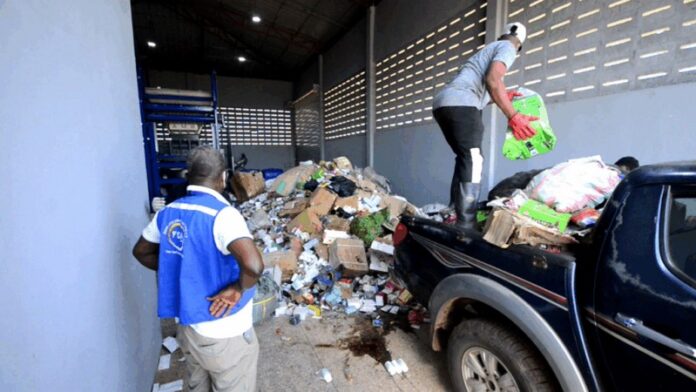The Food and Drugs Authority (FDA) in the Volta Region has destroyed confiscated counterfeit pharmaceutical products worth GH₵42 million.
The seized items included aphrodisiacs, post-pills, body enhancement products, antibiotics, and processed foods. Most of the contraband was intercepted at the Ghana-Togo border in Akanu, where they were being smuggled into the country. Others were seized during routine market surveys and swoops across the Volta and Oti regions.
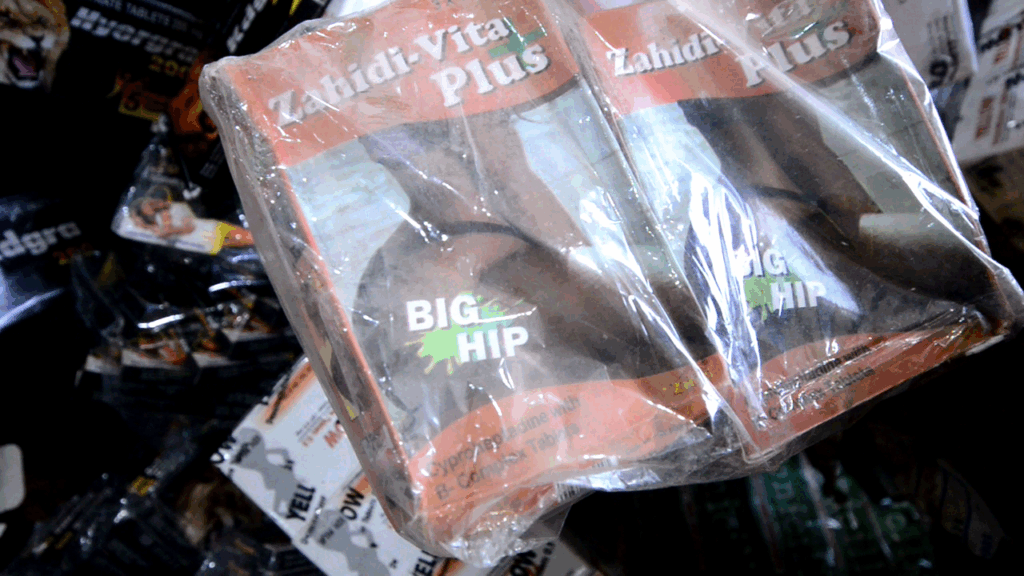
The counterfeit products were first shredded and disinfected at the Jopong Group of Companies’ Medical Waste Treatment Facility in Akrofu before being taken to dumping sites for incineration.
Gordon Akurugu, Volta Regional Director of the FDA, explained that the facility was engaged to ensure proper disposal of the counterfeit pharmaceuticals. He emphasized that pharmaceutical products must only be imported through the airport or seaports, not through inland borders. Anyone caught smuggling drugs via land borders would face arrest and seizure of their goods.
“We want to put it on record that pharmaceutical products are not supposed to enter through inland borders, which is why products coming from Nigeria via land routes are not allowed. If you want to import drugs into the country, it must be through Kotoka International Airport or Tema ports,” he stated.
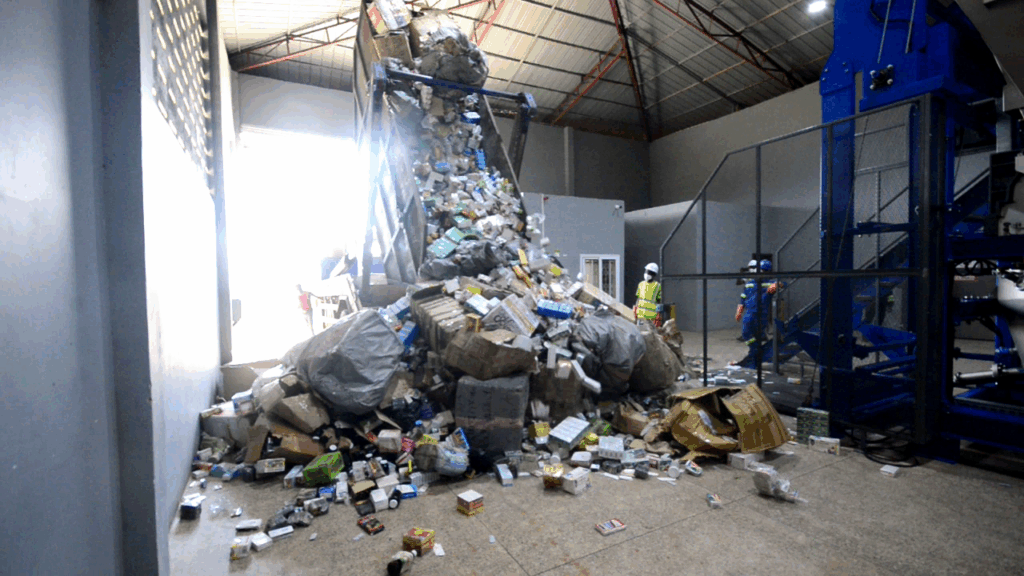
Mr. Akurugu urged the public to avoid buying medicines from unapproved sources and to purchase only from licensed pharmacies, over-the-counter chemical shops, and hospitals.
He warned: “There are counterfeit products like Postino 2 and many aphrodisiacs being brought in to deceive consumers. You may take them thinking they will work, but they can have serious health implications.”
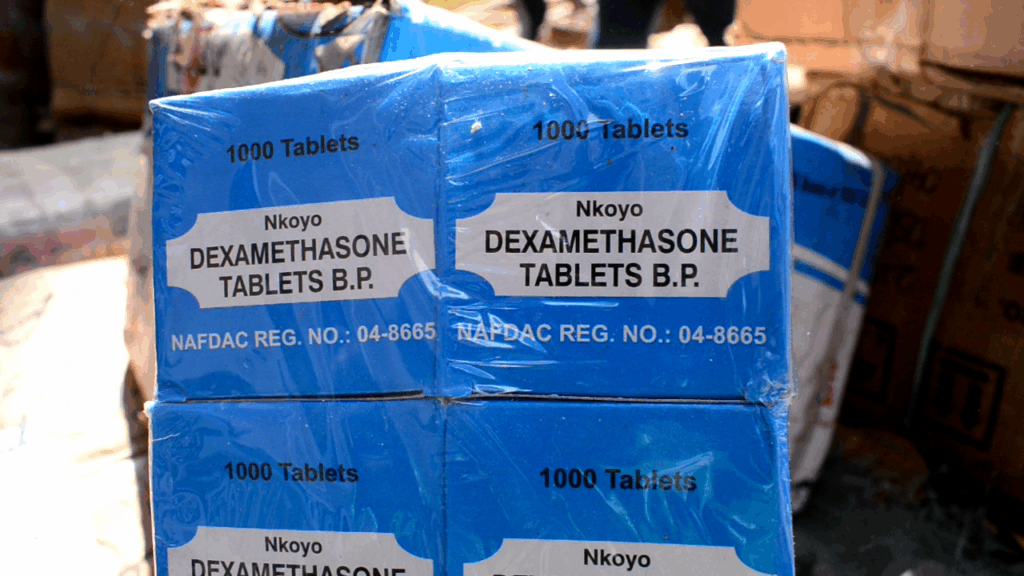
The FDA director also cautioned drivers against acting as conduits for smuggling and pledged that the authority would remain vigilant to apprehend offenders.
He appealed to other FDA regional offices to use medical waste treatment plants for disposing of confiscated pharmaceuticals to protect the environment.
Rev. Lawrence Senya, Ho Municipal Environmental Health Officer, said the decision to use proper disposal methods was to safeguard public health.
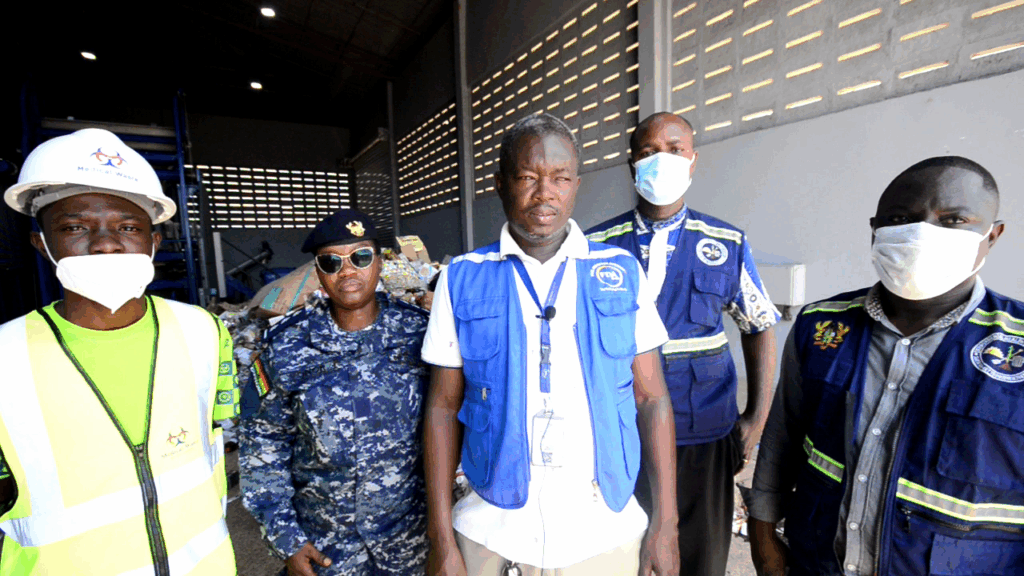
“Improper disposal sometimes results in people retrieving these drugs and reintroducing them into communities,” he explained.
He called on the public to help identify and report illegal pharmaceutical sales, stressing: “If you see someone selling drugs on the streets or at lorry parks carrying bags, be certain those drugs have not passed through official channels. We must avoid buying such products.”

